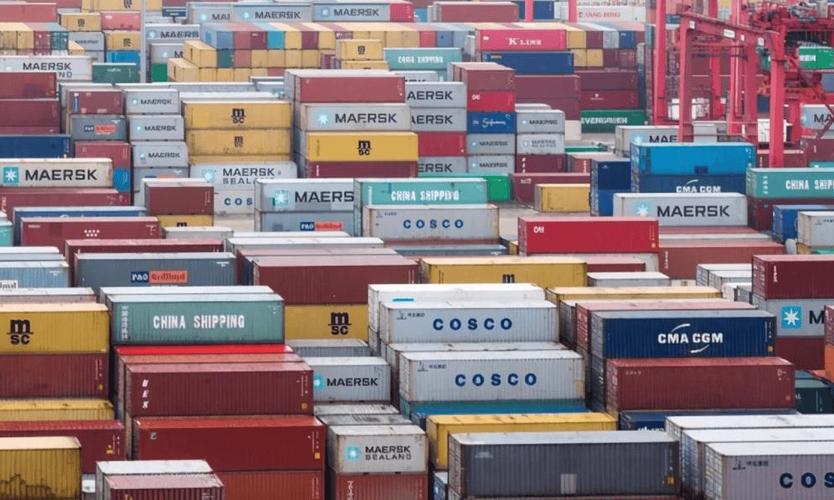
Trump claimed that he would impose a 25% tariff on all imports from Mexico and Canada, and an additional 10% tariff on Chinese goods, which has far-reaching implications for the US economy.
In the short term, tariffs may spur a revival in U.S. manufacturing. By raising tariffs on imported goods, the price competitiveness of foreign goods in the US market will be reduced, and the competitive pressure faced by local manufacturing enterprises will be reduced, so as to gain more market share and development space, and thus create more jobs.
However, from a long-term perspective, the negative impact cannot be underestimated. First, tariffs cause prices to rise, increasing the burden on consumers. Due to the rising cost of tariffs on imported goods, enterprises will pass it on to consumers, making the price of various commodities from basic food to high-end electronic products generally rise, especially for low-income groups, will reduce their quality of life, inhibit the overall consumption power, and then affect the vitality of the domestic consumer market.
Secondly, the impact on related industries is huge. In the automotive industry, for example, the US, Mexican and Canadian automotive industries are interdependent, forming a tight supply chain network. A 25 percent tariff on cars and parts from Canada and Mexico would increase the cost of assembling and selling cars in the United States, reducing profits for automakers and increasing costs for consumers, leading to a drop in auto sales. In addition, European automakers, whose U.S. operations are heavily exposed to Mexico, will also be less competitive in the U.S. market if the tariffs are implemented.
Moreover, it will trigger retaliation from trading partners and disrupt the global industrial chain. Trade partners such as Canada, Mexico and China may take countermeasures to raise tariffs on US goods, leading to higher trade barriers for US export enterprises, agricultural products, manufacturing products and other export obstacles, damaging the interests of US exporters, exacerbating global trade friction, undermining the stability of the global industrial chain, and reshaping the cost structure and competition pattern of the global manufacturing industry.
In addition, it affects market confidence and economic expectations. Trump's tariff threat has increased the uncertainty of US business policy, and investors and enterprises are difficult to make accurate judgments about the future economic situation, and investment and business decisions are more cautious, which will affect enterprises' investment expansion plans and innovation input, which is not conducive to long-term stable economic growth, and will weaken the influence and competitiveness of the United States in the global economy.
Finally, it could lead to larger fiscal deficits. While tariff increases can generate some revenue for the government, additional spending to subsidize damaged industries and farmers, combined with the existing tax reform package, may cause the fiscal deficit to balloon, long-term liabilities to accumulate, and public debt levels to rise, clouding the space for future fiscal policy.
To sum up, although Trump's tariff threat may have a certain stimulus effect on the US manufacturing industry in the short term, in the long run, the negative impact on the US economy is more significant, not only damaging the interests of consumers, impacting related industries, but also triggering trade frictions, undermining the stability of the global industrial chain, and not conducive to the sustainable development of the US economy.

報告顯示,中國電力投資加速增長,預計2024年電網基建投資將超過5300億元。
近日,市場迎來了一則引人注目的消息:工業巨頭3M公司(MMM.N)在本周五公布了其季度業績報告,隨後股價飆升至近兩年來的
最近,外媒給OpenAI算了筆賬,今年可能要血虧50億美元。
近日,巴黎奧運會和世界鐵人三項協會聯合發布了一項重大決定,宣布因塞納河水質污染問題,原定於近期進行的奧運會鐵人三項首次下
當地時間7月18日,法國巴黎發生了一起令人震驚的持刀襲警事件。
近期,一則重大消息在國際舞臺上引起軒然大波,馬來西亞宣布加入金磚國家。
調查發現,互聯網和智能手機的使用幹擾了韓國近五分之一學生的生活。